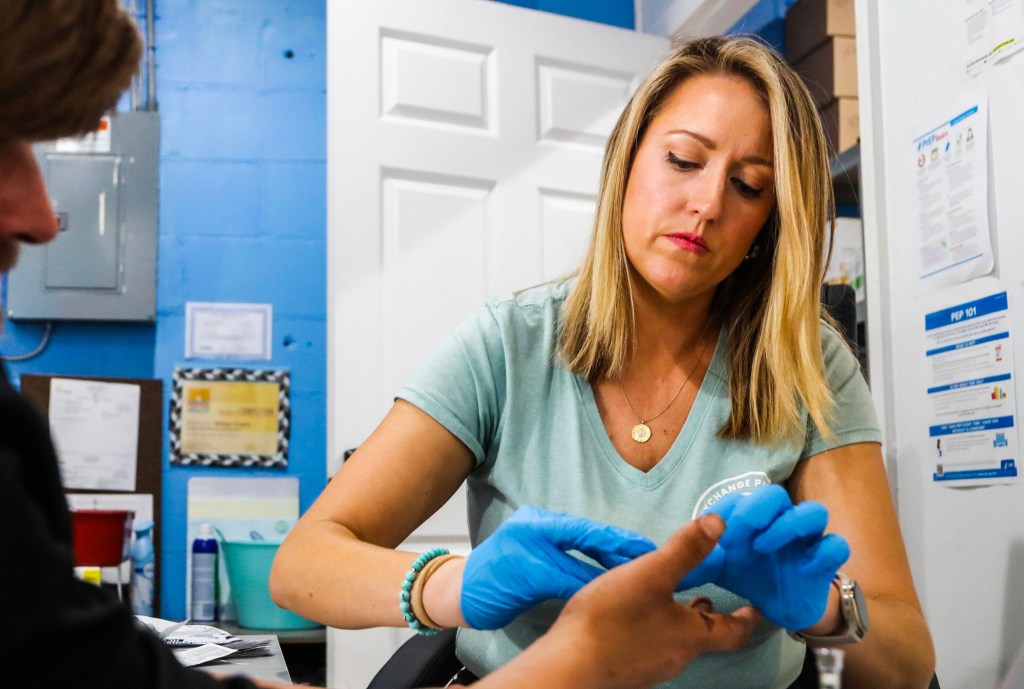TREASURE ISLAND, Fla. — Andrew McClave Jr. loved to lift weights. The 6-foot-4-inch bartender resembled a bodybuilder and once posed for a photo flexing his muscles with former pro wrestler Hulk Hogan.
“He was extremely dedicated to it,” said his father, Andrew McClave Sr., “to the point where it was almost like he missed his medication if he didn’t go.”
But the hobby took its toll. According to a police report, a friend told the Treasure Island Police Department that McClave, 36, suffered from back problems and took unprescribed pills to reduce the pain.
In late 2022, the friend discovered McClave in bed. He had no pulse. A medical examiner determined he had a fatal amount of fentanyl, cocaine, and xylazine, a veterinary tranquilizer used to sedate horses, in his system, an autopsy report said. Heart disease was listed as a contributing factor.
McClave is among more than 260 people across Florida who died in one year from accidental overdoses involving xylazine, according to a Tampa Bay Times analysis of medical examiner data from 2022, the first year state officials began tracking the substance. Numbers for 2023 haven’t been published.
The death toll reflects xylazine’s spread into the nation’s illicit drug supply. Federal regulators approved the tranquilizer for animals in the early 1970s and it’s used to sedate horses for procedures like oral exams and colic treatment, said Todd Holbrook, an equine medicine specialist at the University of Florida. Reports of people using xylazine emerged in Philadelphia, then the drug spread south and west.
What’s not clear is exactly what role the sedative plays in overdose deaths, because the Florida data shows no one fatally overdosed on xylazine alone. The painkiller fentanyl was partly to blame in all but two cases in which the veterinary drug was included as a cause of death, according to the Times analysis. Cocaine or alcohol played…
Read the full article here







